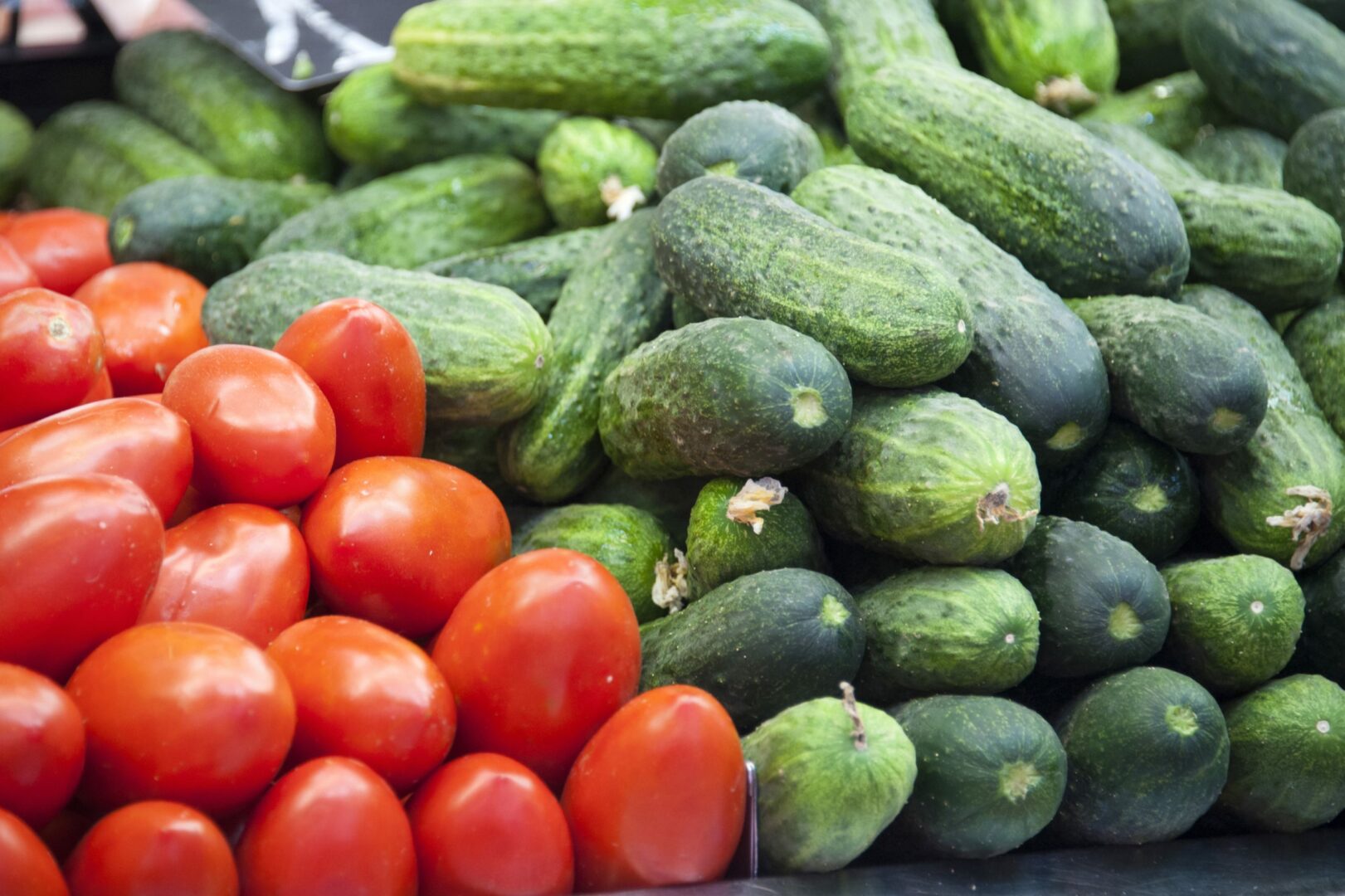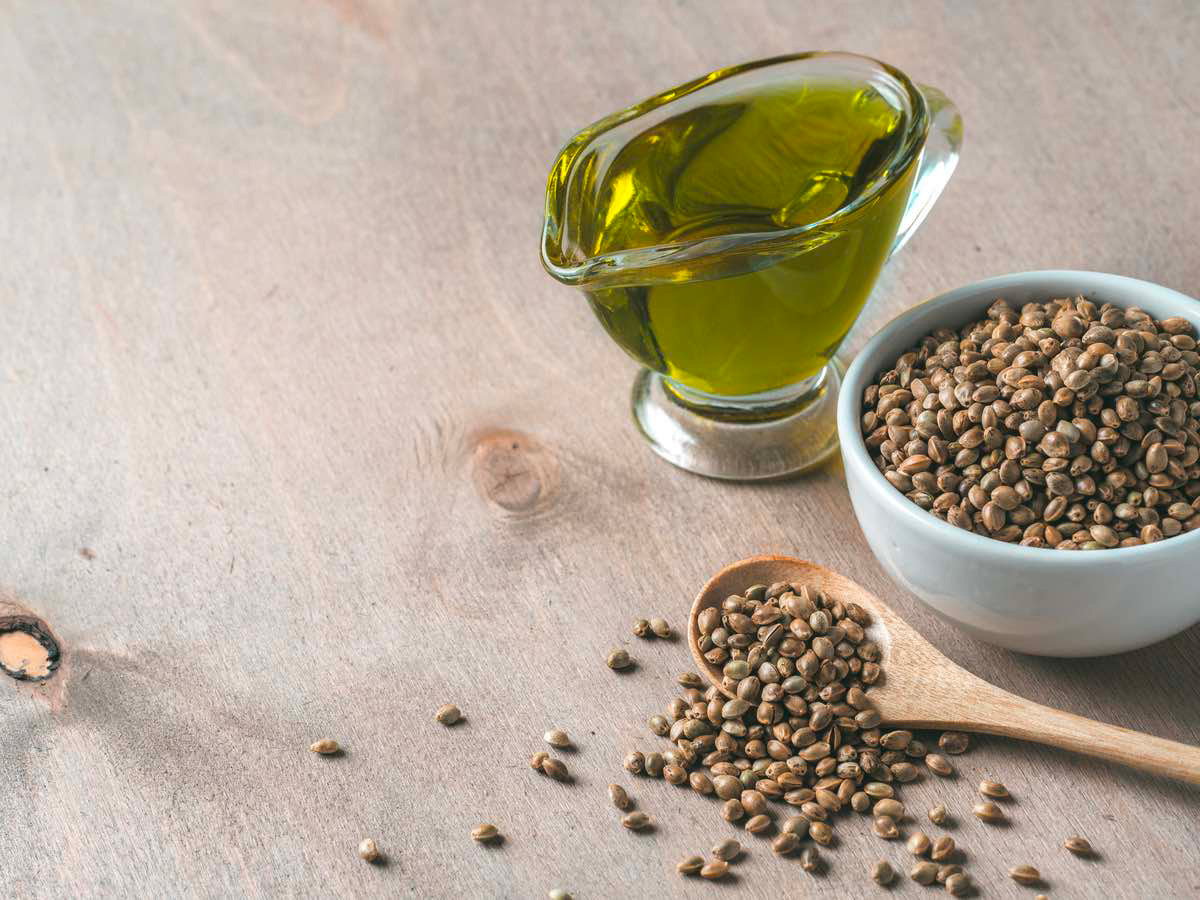
Some people are vegetarians for are religious and spiritual reasons, others political and philosophical reasons, and others are for health reasons.
Vegetarianism is certainly a healthy diet for many people , as long as they make healthy food choices. It takes work in order to build up the nutrients which we find in meat.
I am personally not a vegetarian, but I do eat a plant based diet with small amounts of chicken and fish. My choice is based upon health reasons and lessening an environmental footprint.
What is Chinese medicine view of Vegetarianism?
From a Chinese medicine perspective, eating meat, particularly red meat, builds blood and qi. An imbalance called “Blood deficiency”, or too little blood, is a primary concern for those who are vegetarians. This is not always true anemia, but anemia is often a “blood deficiency.”
Blood in Chinese medicine is very similar to Western medicine, but it also has some different functions. Blood is required for healthy growth, reproduction, emotional well-being, and pain free muscles and joints. When there is a blood deficiency, you may have a pale complexion, insomnia, thinning hair, as well as tightness is muscle and tendons. Blood and qi, the body’s vital energy, are intertwined, which is why after a long period of blood deficiency, the person may feel fatigued.
Vegetarians should eat a wide variety of foods to get all the required nutrients. If there is a problem of blood deficiency, they should pay particular attention to eating foods which nourish qi and blood. Look at the cultures that are vegetarian, like some Indian traditions. They eat many different vegetables, beans, sometimes dairy products, and spices which make their diet very healthy.
For some people, it is important to eat red meat to avoid illnesses, such as anemia and chronic fatigue. Even the Dalia Lama eats meat a once or twice a week because his doctors recommended including it in his diet.
Blood and Qi Building Foods for Vegetarians
Add these foods to your regular food choices to help build blood and qi. Many of the following foods can be found in an East Asian and/or Indian grocery.
Mushrooms
White mushroom- promotes digestion and builds qi
Shitake Mushrooms- builds qi and blood and can also enhance the immune system. Shitake can also be used to lower cholesterol.
Hei Er Mu or Black ear mushrooms- these mushrooms are great for building qi
Bai Er Mu or White Ear Mushroom– this mushroom is good for building qi
Grains and Beans
White mushroom- promotes digestion and builds qi
Shitake Mushrooms- builds qi and blood and can also enhance the immune system. Shitake can also be used to lower cholesterol.
Hei Er Mu or Black ear mushrooms- these mushrooms are great for building qi
Bai Er Mu or White Ear Mushroom– this mushroom is good for building qi
Red Skinned Peanuts and Walnuts– this is also a great food for building blood and tonifying qi.
Vegetables
Cooked vegetables- eating cooked vegetables are easier to digest and aids the absorption of nutrients.
Dark leafy green vegetables boost blood– such as water chestnut, celery, spinach, broccoli, green beans, snow peas, sugar peas, bitter greens, and others
Wolfberries or gou qi zi- these small fruits help tonify blood. Drink as an herbal tea or add to your stir fry.



